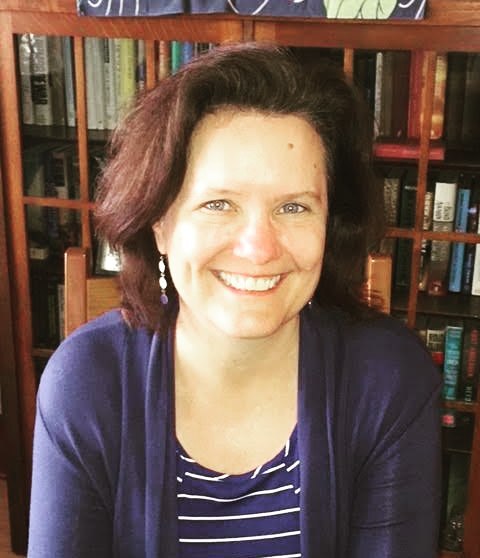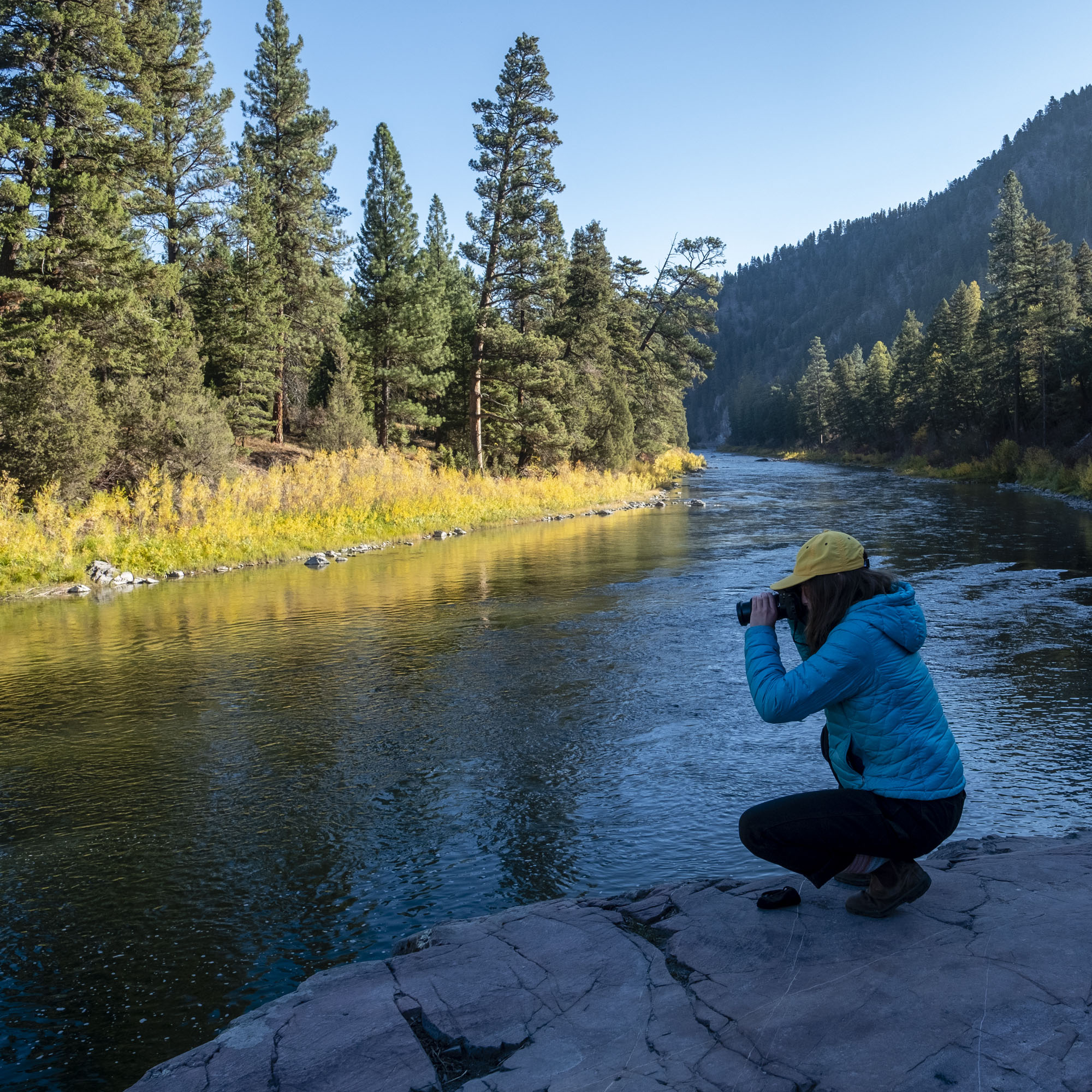Melissa McCoy
 Melissa McCoy spent 17 years at the LA Times, advancing from metro copy editor to a deputy managing editor supervising 250 journalists. In addition to overseeing the paper’s award-winning copy desks, graphics department and researchers, she frequently was the final editor for major projects, a number of which won Pulitzer Prizes. During her newspaper and magazine career, McCoy also worked as a reporter, copy chief, news editor and assignment editor.
Melissa McCoy spent 17 years at the LA Times, advancing from metro copy editor to a deputy managing editor supervising 250 journalists. In addition to overseeing the paper’s award-winning copy desks, graphics department and researchers, she frequently was the final editor for major projects, a number of which won Pulitzer Prizes. During her newspaper and magazine career, McCoy also worked as a reporter, copy chief, news editor and assignment editor.
Since leaving the LA Times in 2009, McCoy has been a media consultant, writer and editor. She was a visiting faculty member at the Poynter Institute for Media Studies, where she had previously served as an ethics fellow. At UM she teaches a seminar that focuses on reporting and writing about sensitive topics that include rape, murder, suicide and mental illness. McCoy was the school’s 17th Pollner Professor.
Reflections
The application was straightforward enough. The Pollner professor would spend four months at the School of Journalism teaching, mentoring, advising.
My partner and I had never been to Missoula, never lived in a red state, never strayed too far from our comfort zone in Southern California. I had always wanted to teach journalism at a university, she had always wondered what it would be like to create some thinking space away from work. Perhaps this was that opportunity.
Why not take a flyer on it, it’s only four months, I thought. If we don’t like it, we return home having experienced a different part of the country, and I’ve fulfilled my curiosity about teaching. We’ll meet some nice people. It will be a treat to experience the change of seasons. I’ll happily work and then we’ll go home to Pasadena.
How could we know then that Missoula and the University of Montana—and so many of the people who call them home—would become such an important part of our lives in such a short time? And that Missoula would begin to feel like our home too?
Upon arrival in an August bursting with warm days and calmed by cool nights, we were immediately welcomed by the J-school faculty. There is the normal, expected routine of having colleagues help you get situated, and then there is being embraced. I immediately felt the collective bear hug of everyone in the department.
By the time I taught my first class a week later we’d already fallen in love with Missoula’s natural beauty, hiking trails, the quirky charm of downtown and the brewpubs that dot the city like little beacons of happiness.
The campus was beautiful and the sleepy late-summer weather a reminder that things would be a little slower here. Everything—the condo up Rattlesnake where we lived, the Clark Fork running through town, the farmers market and the generous bike lanes—exceeded our expectations. But I had come for the teaching, and the application was straightforward enough: teach, mentor and advise for four months.
When I first met the Kaimin journalists and the students in my class, I guessed very quickly that I would learn as much from them as they would from me.
They were smart, inquisitive, hard-working, funny. Some of them were fierce in all the ways we want journalists to be, and some were still finding their voices in the ways that all students do. What they had in common was their dedication to journalism and learning. They cared deeply about getting things right, and I taught them what I could about ethics, reporting, interviewing, news judgment, writing.
What they taught me in those four months was that I had so much more to share than I knew, and that they genuinely wanted me to share it. As longtime professionals, our skills become second nature. We know so many of the answers because we’ve already made so many of the mistakes that allowed us to gain our expertise.
They reminded me daily with their observations, reporting and storytelling that journalism is the noblest of professions. Like many journalists, I had begun to forget that, war-weary from newsroom cutbacks and an increasingly antagonistic relationship with the public. They reminded me how much I love journalism and why.
And I believe I convinced them that amid a difficult presidential election, their best work lay ahead. They had chosen a calling that pushed them to ask questions, find answers and bring understanding to the chaos. The J-school and its professors had equipped them, and they were ready to be the next generation of storytellers.
I, too, felt ready. Not to leave, but to keep teaching. And to keep preaching about the need for an independent press. I made lifelong friends with some faculty members and students—and with Missoula itself.
My only regret? I wish it had been four years instead of four months. Perhaps that would have been enough time to give back to the Pollner professorship what it had given to me.
